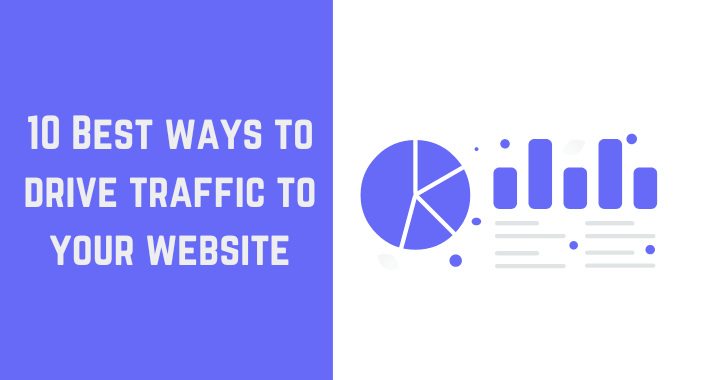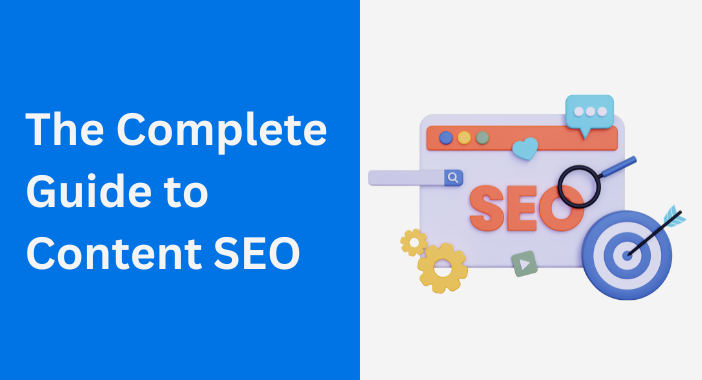You can do many things to get higher in search engine rankings, from On-page SEO to keyword research, building backlinks, and more.
Even though the search engine algorithms that determine rankings change rapidly, there are still tested SEO techniques that have been shown to help you move up the ranks over time.

What Are SEO Best Practices?
SEO best practices are techniques that increase a website’s or a web page’s visibility in search engine results pages (SERPs). These techniques are intended to help search engines better understand a website’s content and rank it higher in the search results.
Here are 10 best practices for SEO:
1. Ensure that your website is secure.
Most individuals today are worried about the security and privacy of the websites they browse. As a result, this is also a crucial search engine ranking factor. a secure website will consistently rank a secure website better than one that isn’t.
- Consider the kind of security best for your website with your web host or web manager. A security certificate will ensure that SSL is used to deliver your content (secure socket layer).
- With SSL, your website will begin with “HTTPS://” rather than “HTTP://,” and many browsers will display the small lock icon next to the web address.
2. Add your keywords early into the content.
By including your keyword early on, you can inform the search engines about the topic of your content. Include the primary keyword in the remainder of your article as well.
- This will let search engines know that this term is crucial, which will improve your ranking for it.
3. Use unique titles, descriptions, and content.
This informs the search engines that your content is unique and can supplement the knowledge about your topic that is currently available online.
4. Optimize your title and meta tag for SEO.
One of the best practices for boosting your website’s SEO is to optimize the title and meta tags. This is so that search engines can understand the content of your website and make a decision on how to rank it in search results.
Search engines use the relevant data in your title and meta tags to do this. You can increase the likelihood that your website will rank higher in search engine results by including pertinent keywords in your title and meta tags.
However, as misleading or irrelevant tags can harm your website’s SEO, it is essential to ensure that your title and meta tags accurately reflect the content of your website.
5. Ensure that your website loads quickly.
Making your website load as soon as possible is crucial. The loading time of a website is an essential ranking factor in search engines, especially with the introduction of smartphones.
- Compress the size of images, remove any unnecessary code, and consider using a content delivery network (CDN). A CDN will enable your website to serve photos and other media from servers near your audience, decreasing the loading time.
- Currently, many web providers employ CDNs to transport content to their client’s websites. Discuss this priority with your web manager or your web host.
- Many plugins can help you speed up your website’s loading if it is a WordPress site.
6. Optimize any images.
Giving the filenames descriptive names can help you do this. Using image alt text is also recommended so search engines can understand what photos are on your page. Properly optimized photos can improve your website’s rank.
7. Use internal linking.
Here, linking to your primary pages is crucial. Therefore, fewer pages can connect to a bigger, more reliable article. The more significant page’s ranking will boost from this.
8. Create high-quality content.
When creating content, it’s crucial to make sure that the audience will find it valuable, relevant, and useful.
This includes using relevant keywords and phrases, organizing the content in a way that is easy to read and understand, and providing helpful visuals such as images, data, and infographics.
A website’s visibility and traffic can be increased by producing high-quality content because it is more likely to be linked to and shared on social media.
A website’s search engine rankings can be increased by producing well-written content that adds value for the audience because search engines use algorithms that give high-quality content priority.
- It’s okay to reply to a question in less than 1,000 words. It’s important to remember that any response should be thorough, so you may wish to write a lot more than this.
9. Build backlinks to your website.
Please note that backlinks, when done correctly, are still very important in what you may have read online. They show search engines that your content is worthwhile enough for links from other webmasters.
- You might want to slow when creating backlinks when launching your website. You’ll be able to step up your efforts in a few months.
- You wish to get links from other big websites in this industry using this method. Your search engine rankings are likely to suffer from links from low-quality websites that take advertising from any source.
10. Look at the user experience.
Take a close look at your user experience if you see that visitors are having trouble navigating your website or if you have a high
Bounce rate is the percentage of visitors that leave your website quickly.
- Maybe people aren’t finding the answers they’re looking for on your website, or something is wrong. Look at what you may do to enhance your visitors’ overall experience.
Following these ten best SEO practices, you can improve your search engine rankings. The more traffic you generate and the more sales you earn, the higher your ranking should be.






